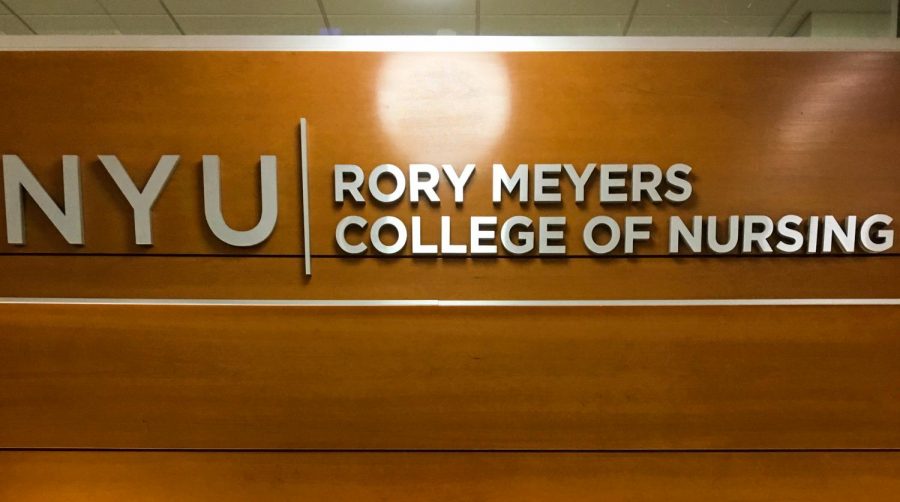Internationally Educated Nurses create a more stable nursing workforce in the healthcare system, according to a February study by NYU’s Rory Meyers College of Nursing.
This study is one of the first to analyze the effects of IENs on the American healthcare workforce. IENs are nurses who have been educated outside of the United States. They complete their entry-level nursing requirements to get their United States nursing licenses through the NCLEX-RN — a nursing exam offered in the U.S. and Canada.
In the U.S., there are anywhere from 168,000 to 480,000 IENs, making up 5.6% to 16% of the nursing population, the study states. It found that these nurses are more likely to commit and work in one patient unit — such as surgical or pediatric — for a longer time rather than skip around to many units, leading to a more stable workforce.
Many of these nurses hail from non-English speaking countries.
“Overall, if they are not from predominantly English-speaking countries, they will have their concerns about English as their second language,” Dr. Chenjuan Ma, the study’s lead author and an assistant professor at Rory Meyers, told WSN.
Despite potential struggles in English-language barriers in the U.S. healthcare system, the study shows IENs are more likely to stay longer in the units.
“They might also have family members in their home countries and need to provide financial support, so they will try to avoid switching units,” Ma said. “As they are international, they may prefer to stay in a region with a community of people with similar cultural backgrounds or an area with more cultural diversity.”
The increased time spent in one unit also allows for increased collaboration between coworkers, according to the study.
“One, they become really familiar with the healthcare system and how it works,” Ma said. “Second, you also know the people there better. Trusting each other, knowing coworkers’ personality and work style. That definitely contributes to better collaboration.”
In addition to having better collaboration and stability with coworkers, many IENs have a Bachelor of Science in Nursing, the same as graduates from Rory Meyers. Having a BSN, the study shows, contributes to greater patient safety.
“In the past, researchers have consistently found in the U.S. and internationally, nurses with a BSN degree are significantly associated with better patient safety,” Ma said. “For IENs compared to the overall U.S. nursing workforce, their BSN rate is higher. We think that has given added evidence with the other researchers, which also helps to improve patient safety.”
As an international scholar with a family outside of the U.S., Ma was inspired to research how IENs can improve the nursing workforce and patient outcomes after hearing concerns about IENs’ contributions to the United States.
“As a researcher, I think, what new knowledge can I contribute to this topic? As a postdoctoral researcher, I have access to a large database that allowed me to perform this study,” she said.
Ma added that one of the largest problems in the nursing field today is the high job burnout, due to the long shifts they have to work and because many hospitals are understaffed. This leads to a higher turnover rate, meaning nurses decide to leave their jobs for different positions or leave the nursing field altogether.
Under the COVID-19 pandemic, the work intensity has increased in the nursing field.
“This is unprecedented for all of us in the healthcare field,” Ma said. “I think people need to remember that IENs are an important part of the healthcare workforce on the frontlines battling this coronavirus crisis.”
Despite the chaos accompanying the pandemic, Ma lauded IENs for their stark commitment to the field.
“Many of the IENs came to the US by themselves and may still have families in other countries,” she said. “We need to remember they are doing the best that they can and we should really recognize their contributions despite the fact that they are immigrants here.”
Email Roshni Raj at [email protected]


























































































































































